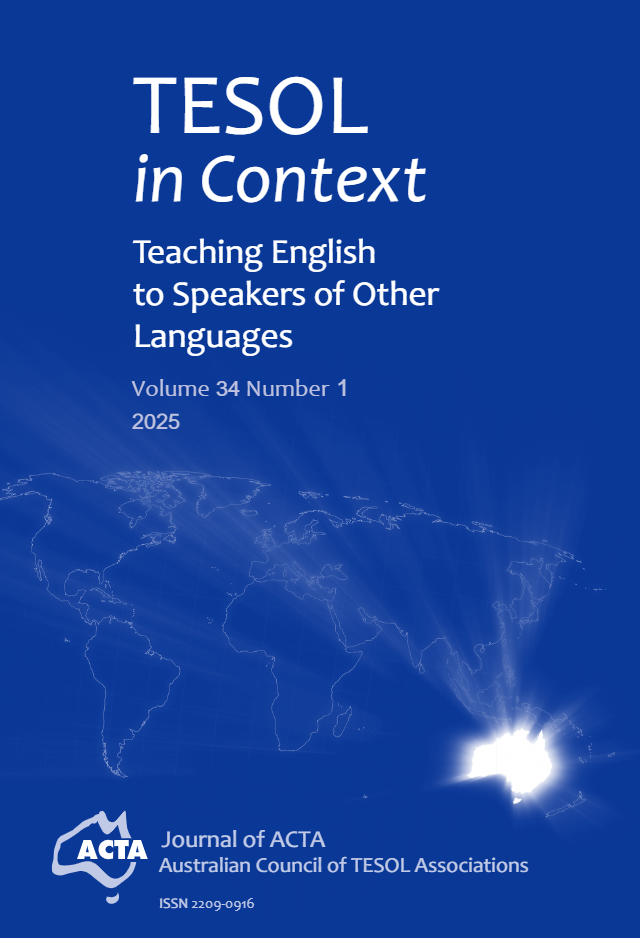Developing countries don’t need saving: They may need support
DOI:
https://doi.org/10.21153/tesol2025vol34no1art2183Keywords:
ELT, Developing vs developed countries, Intercultural competence, Global vs local education, paternalistic worldviewsAbstract
This article challenges the paternalistic mindset often embedded in international development discourse, arguing that developing countries require respectful support rather than saving. Drawing on the author’s personal experiences in Eswatini and other contexts, alongside scholarly insights, it explores the complex realities faced by local communities and highlights the transformative role of education in fostering sustainable development that goes beyond the saving mentality. Central to this argument is the cultivation of intercultural competence and critical thinking in both developing and developed contexts. Education can bridge cultural divides, promote empathy, and empower communities to pursue change while maintaining autonomy. The paper contends that English language teaching, beyond its linguistic goals, holds significant potential to advance these aims by facilitating dialogue, reshaping attitudes, and encouraging context-sensitive perspectives. To enable such transformative practice, educators must engage with authentic voices both inside and outside the classroom and be supported with appropriate resources and training.
Downloads
Published
Issue
Section
License
Copyright (c) 2025 TESOL in Context

This work is licensed under a Creative Commons Attribution-ShareAlike 4.0 International License.






